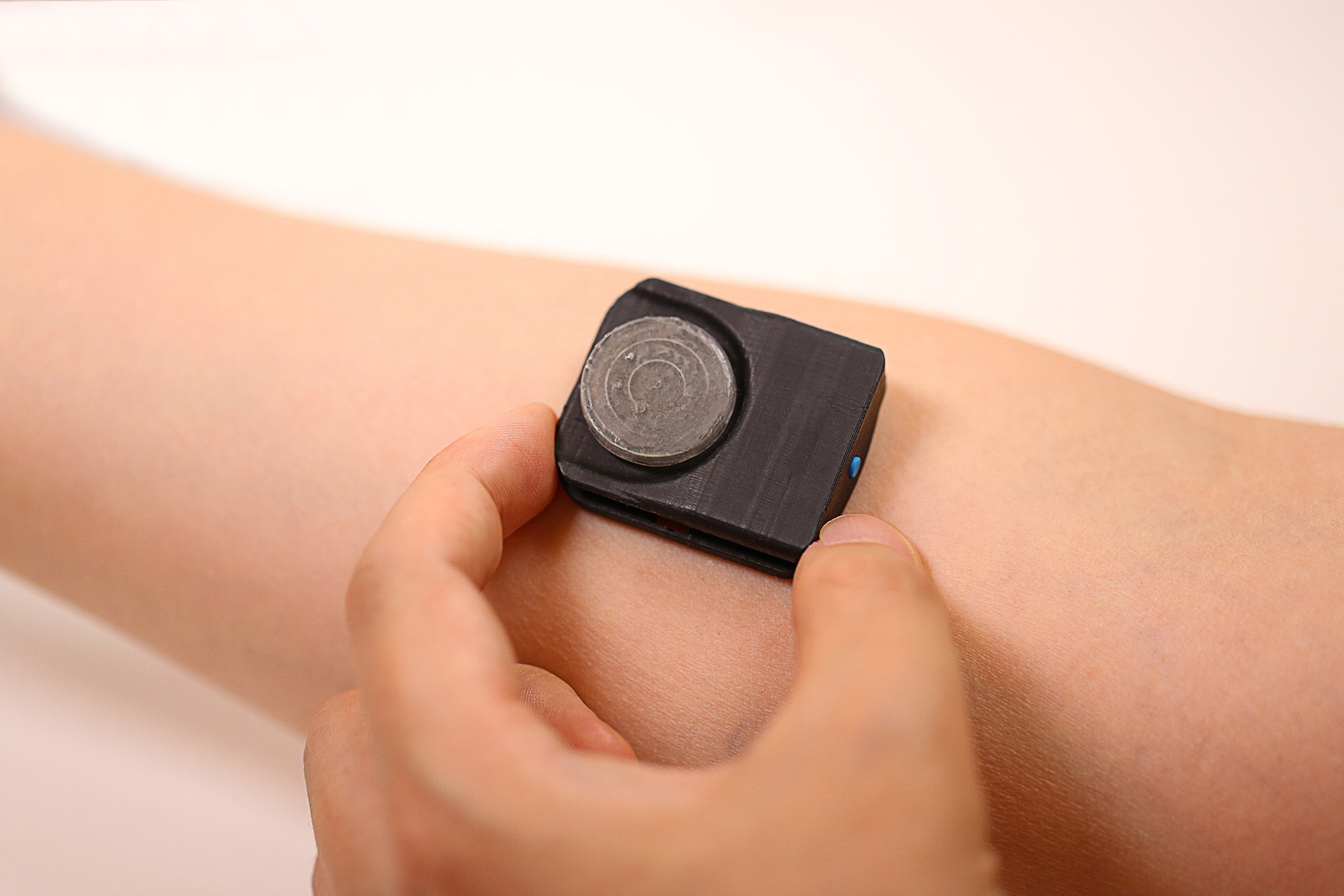Byline: Amanda Morris
-

John Rogers Elected to the Royal Society
Northwestern bioelectronics pioneer John A. Rogers, PhD, has been elected as a Fellow of the Royal Society, the United Kingdom’s national academy of science and one of the most prestigious academies in Europe.
-

New Wearable Tech Simulates Realistic Touch
In a study published in Science, Northwestern University engineers have unveiled a new technology that creates precise movements to mimic complex sensations including pressure, vibration and stretching.
-

Northwestern Launches Pioneering Medical Research Institute With $10 Million Gift From Trustee Kimberly Querrey, Bringing Her Total University Giving to $391 Million
Northwestern University Trustee Kimberly K. Querrey has made a $10 million gift to create and enhance the Querrey Simpson Institute for Regenerative Engineering at Northwestern University.
-

ALS Drug Effectively Treats Alzheimer’s Disease in New Animal Study
A small-molecule compound developed by Northwestern scientists improves neuron health in animal models of Alzheimer’s disease, according to a new study published in PNAS.
-

New Wearable Device is the First to Gauge Health by Sensing Gases Through Skin
Northwestern University scientists have developed the first wearable device for measuring gases emitted from and absorbed by the skin, according to a new study published in Nature.
-

World’s Smallest Pacemaker is Activated by Light
Northwestern engineers have developed a pacemaker so small that it can fit inside the tip of a syringe and be non-invasively injected into the body.
-

Shaking Sensor Continuously Monitors Inflammation
Northwestern University scientists have designed a new implantable device that can monitor fluctuating levels of proteins within the body in real time.
-

New Haptic Patch Transmits Complexity of Touch to the Skin
A Northwestern University-led team of engineers has developed a new type of wearable device that stimulates skin to deliver various complex sensations, providing more realistic and immersive sensory experiences.
-

New Huntington’s Treatment Prevents Protein Aggregation in Mice
In research published in Science Advances, scientists at Northwestern and Case Western Reserve universities have developed the first polymer-based therapeutic for Huntington’s disease, an incurable, debilitating illness that causes nerve cells to break down in the brain.
-

New Biomaterial Regrows Damaged Cartilage in Joints
A new bioactive material developed by Northwestern scientists may be able to regenerate high-quality cartilage in knee joints, according to a new study.






